Last week, the FDA made the announcement that brominated vegetable oil, commonly known as BVO and used to keep citrus flavors mixed in drinks, will no longer be allowed in sodas and other food products.
This decision aims to enhance food safety by removing a controversial ingredient.
Countdown to a BVO-Free Market
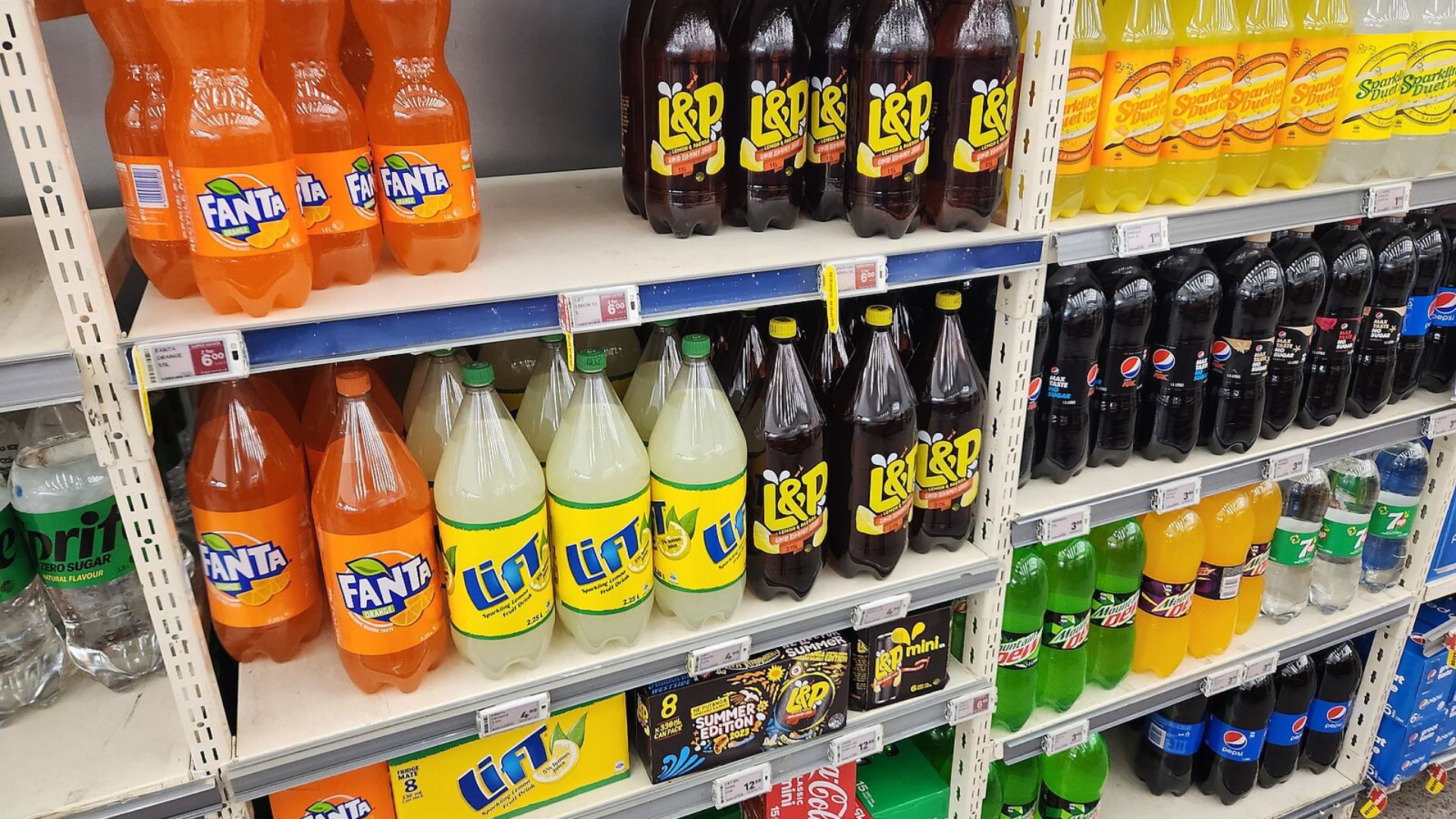
Come August 2nd, the use of BVO in food products will be banned across the U.S. Companies now face a tight deadline.
They have one year to rethink their product formulas, update labels, and get rid of any BVO stocks they currently have.
Why the FDA is Taking Action Against BVO

Health risks linked to BVO include potential damage to the nervous system and other serious conditions like skin irritation and fatigue.
These health concerns have driven the FDA to eliminate BVO from foods and beverages, signaling a significant shift towards consumer safety.
Where Has BVO Been Hiding?

A peek into the Environmental Working Group’s database reveals that BVO is more common than you might think, primarily lurking in soda products.
This prevalence has raised alarms about the broader implications of its use.
The Timeline for Eliminating BVO
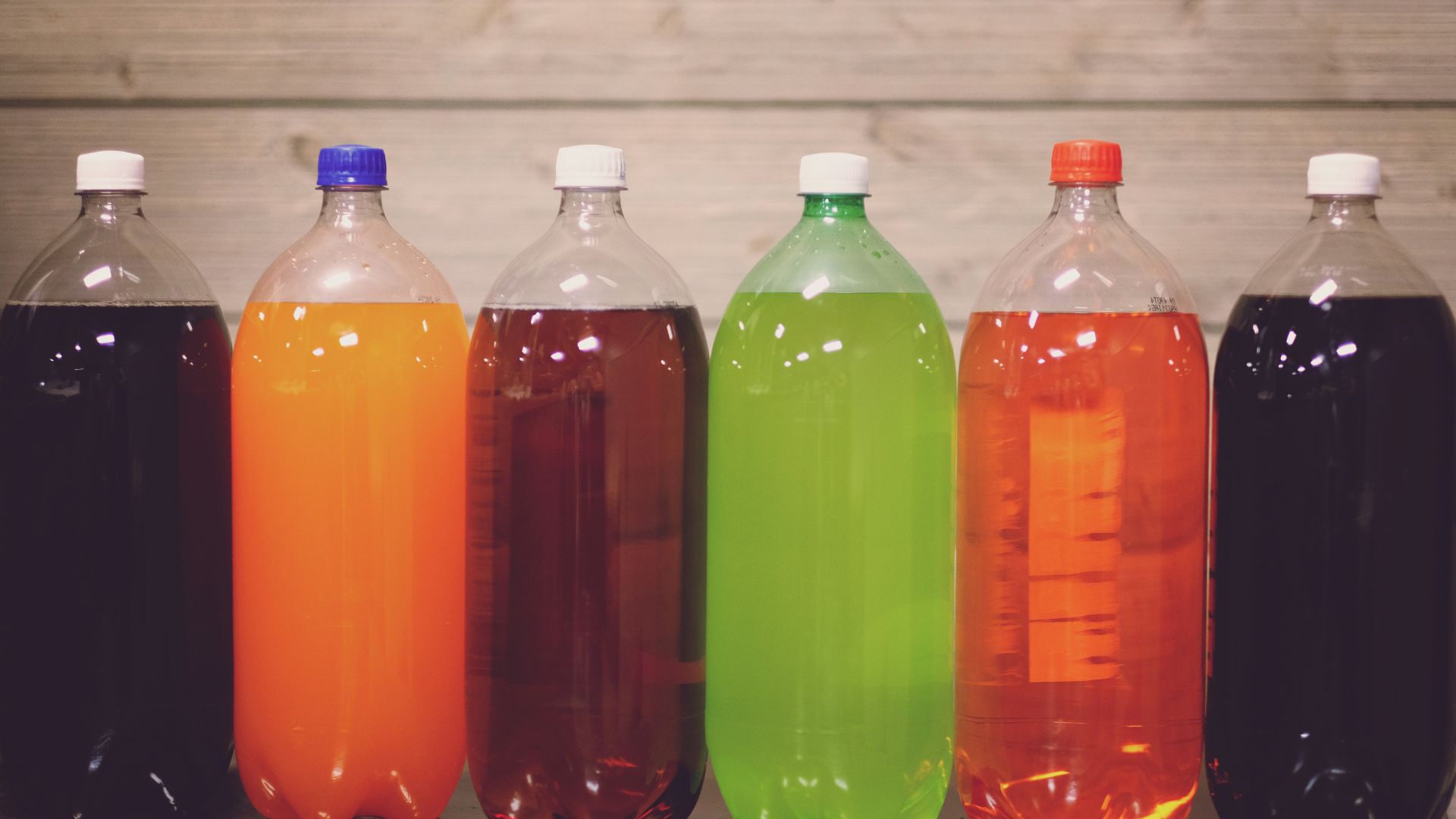
With the official ban set to begin next year, the clock is ticking for food manufacturers to phase out BVO.
This transitional period is crucial for companies to align with the new regulations without disrupting the market.
A Look Back at BVO’s Regulatory Journey

It’s been over fifty years since BVO was deemed unsafe by the FDA, which revealed that the food additive was removed from the FDA’s list of Generally Recognized As Safe or ‘GRAS’ substance list in 1970 and has been regulated ever since.
This long history of scrutiny has culminated in its current ban.
How the Beverage Industry is Adapting
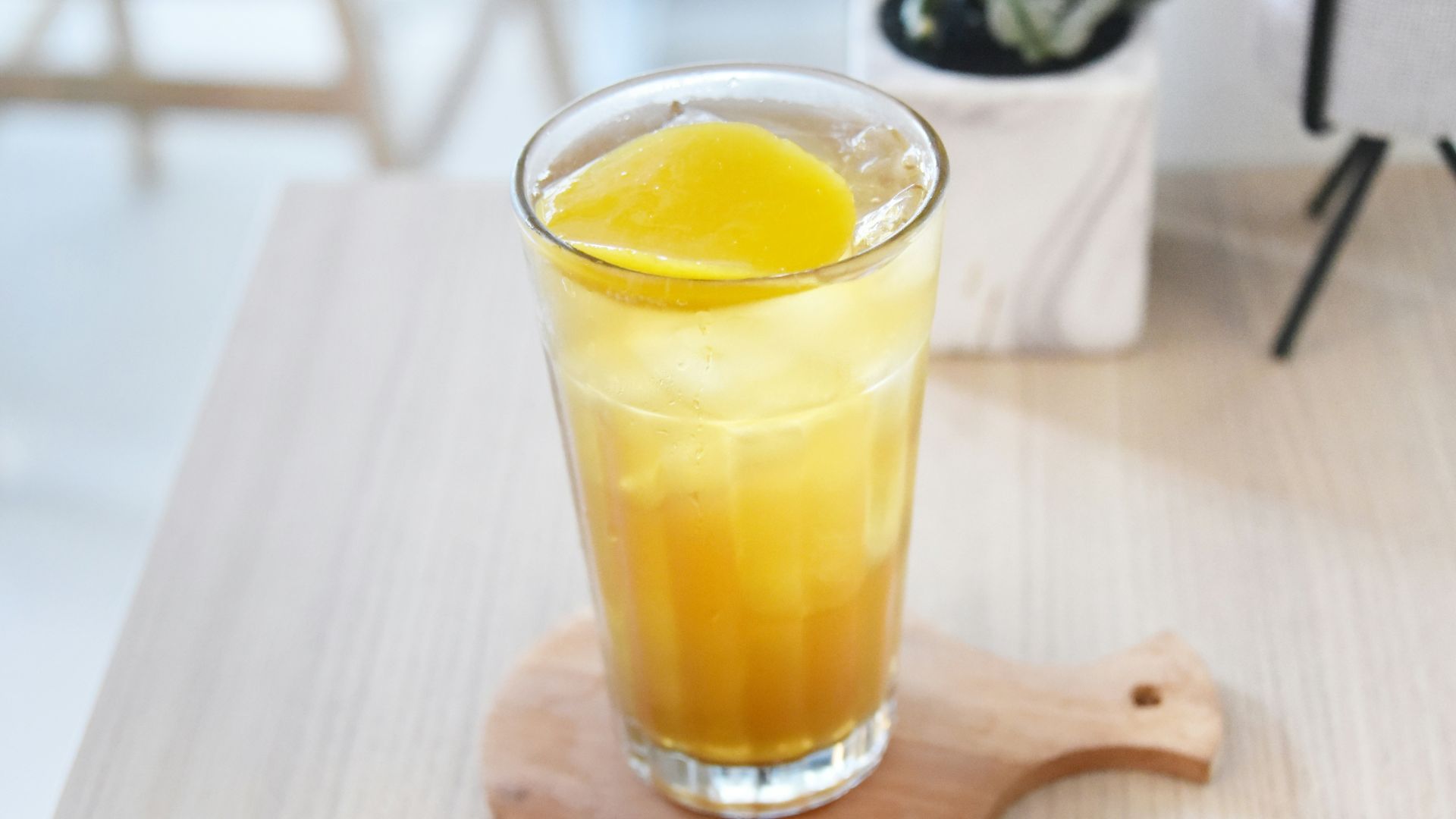
Acknowledging the shift in consumer and regulatory landscapes, many beverage companies have already started replacing BVO with safer alternatives.
James Jones from the FDA highlighted this trend, indicating a move towards healthier consumer options.
The Power of Consumer Voices
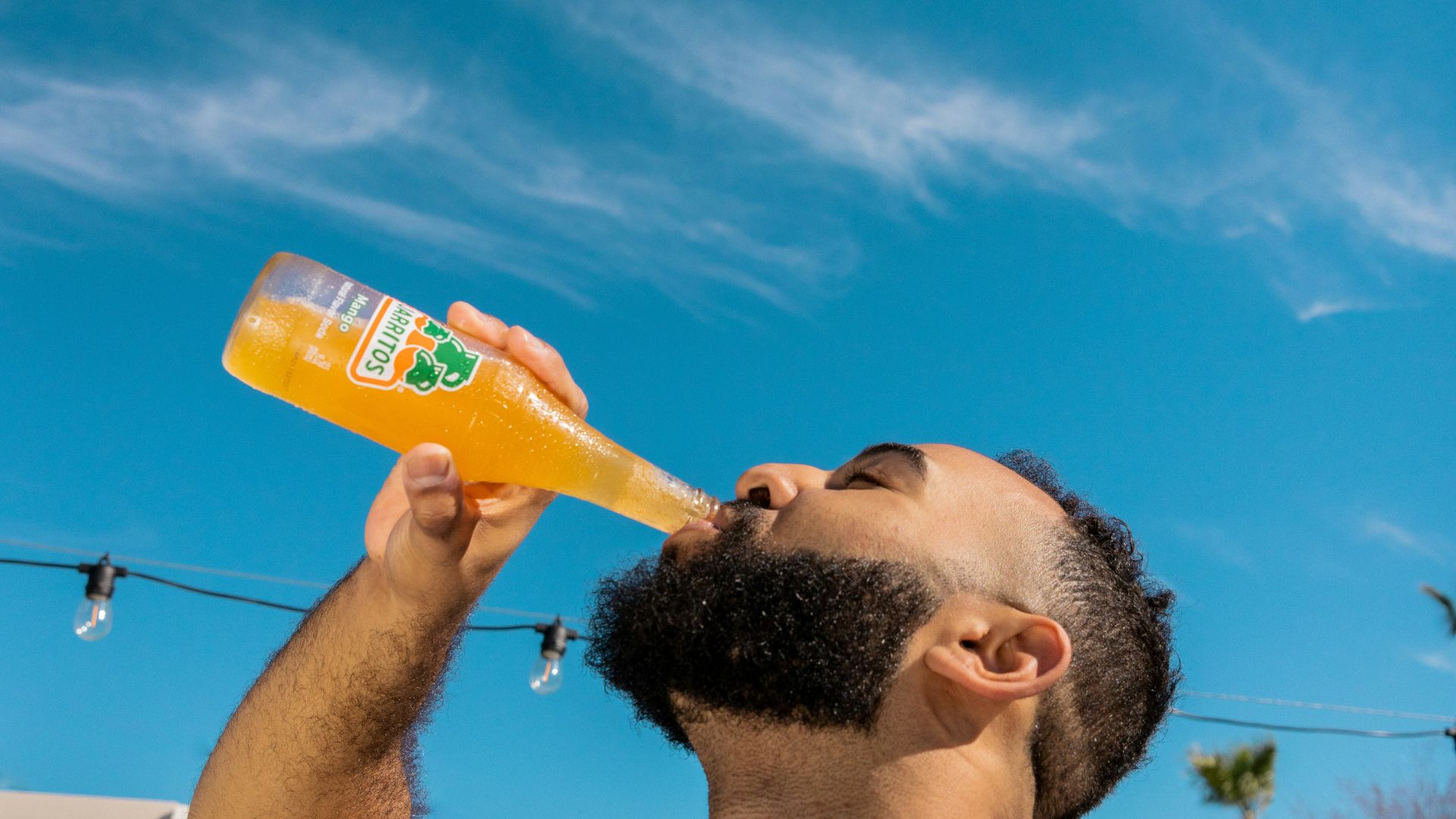
A notable 2012 petition on Change.org, signed by over 200,000 people, brought significant attention to BVO-related health issues.
This compelled several manufacturers to phase out the additive voluntarily.
States Take Their Own Steps

California is setting its own strict standards, with recent legislation signed by Governor Gavin Newsom banning not just BVO but also other additives like red dye No. 3 from foods and drinks.
This reflects a growing trend towards stricter food safety measures.
What the Latest Research Shows About BVO

Recent scientific studies, including one cited by the FDA in 2022, continue to expose the dangers of BVO, revealing its accumulation in vital organs in animal studies.
These findings support the need for its removal from food products.
FDA Continues to Update Its Standards

As new data becomes available, the FDA is diligently updating its regulations to protect public health.
Dr. Leana Wen, a wellness expert, noted, “The reconsideration of BVO regulations shows that the FDA is reviewing new evidence as it emerges and responding to public concerns.”
What This Means for Soda Drinkers
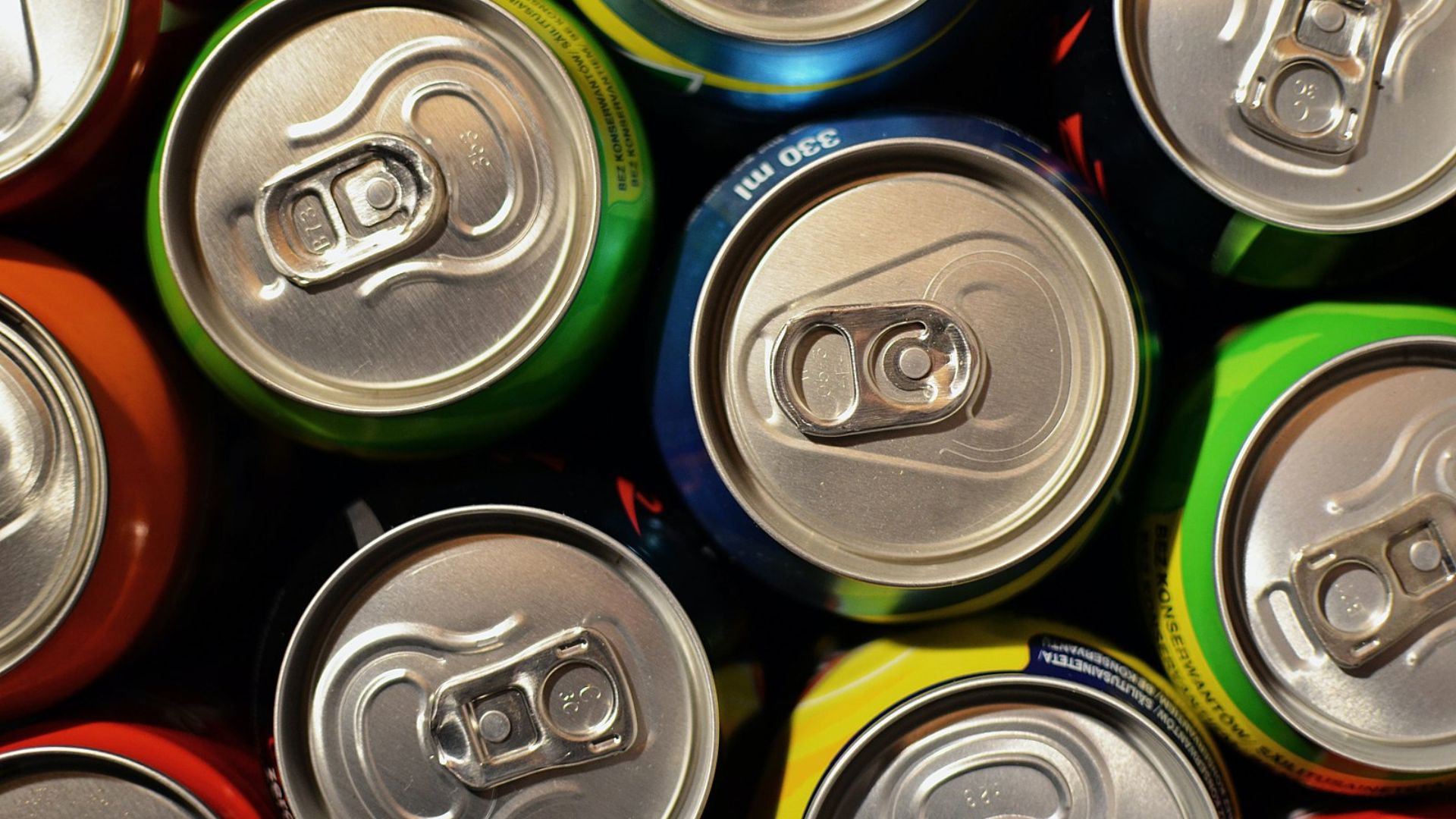
Dr. Leana Wen advises that while an occasional soda containing BVO might not be harmful, regular consumption could pose risks.
Consumers should pay attention to ingredients and drink responsibly, especially until the ban is fully in place. This cautionary approach will help individuals avoid potential health issues associated with BVO.
